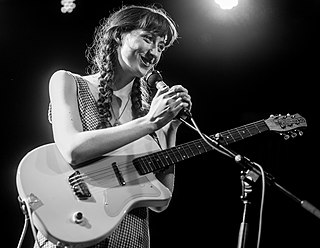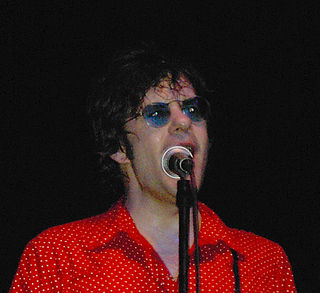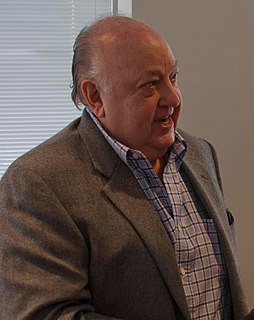Цитата Джона Гарднера
Писать со вкусом, в высшем смысле, значит писать [...] так, чтобы никто не покончил жизнь самоубийством, никто не отчаялся; писать [...] так, чтобы люди понимали, сочувствовали, видели универсальность боли и чувствовали себя сильнее, если не прямо побуждали жить дальше. Если есть что сказать хорошее, писатель должен это сказать. Если есть что сказать плохое, он должен сказать это так, чтобы отразить правду о том, что, хотя мы и видим зло, мы предпочитаем оставаться среди живых. Настоящий художник [...] получает чувство собственного достоинства и чести от своей убежденности в том, что искусство обладает силой -
Темы цитат
Среди
искусства
Искусство -
плохой
художник Выбрать
Продолжить
Убежденность
Непосредственно
поощряется
Зло
Чувство
получает
хорошее
Высшее
Его
честь
Живи
Живая
боль
Люди
Мощные
размышления
Сказал
Скажи
Увидеть
смысл
Должен
вкус
самоубийства Хотя
правда
Истинное искусство
Истинный художник
Истина
Понять
Универсальность
Путь
Стоит
написать
Писатель
Связанные цитаты
В величайшей беллетристике нравственное чувство писателя совпадает с его драматическим чувством, и я не вижу возможности для этого, если его нравственное суждение не является частью самого акта видения и он не свободен использовать его. Я слышал, что вера в христианский догмат мешает писателю, но сам я не нашел ничего более далекого от истины. На самом деле это освобождает рассказчика для наблюдения. Это не набор правил, фиксирующих то, что он видит в мире. Это влияет на его письмо, прежде всего, гарантируя его уважение к тайне.
На протяжении всех изменений, которые произошли в моей жизни, одним из моих приоритетов было никогда не менять то, как я пишу песни, и причины, по которым я пишу песни. Я пишу песни, чтобы лучше понять жизнь. Я пишу песни, чтобы избавиться от того, что причиняет мне боль. И я пишу песни, потому что иногда жизнь имеет для меня больше смысла, когда ее поют в припеве, и когда я могу написать ее в куплете.
Я стараюсь писать для наибольшего общего знаменателя. Я не пишу для тупых. Я полагаю, если все не понимают, это нормально. Кто-то достаточно умный поймет это, и я пишу для него. Вероятно, это не способ заработать миллионные продажи. Что я могу сказать? Я не буду извиняться за то, что пытаюсь писать для умных людей.
Писатель есть определенное человеческое явление. Он почти тип, как боксеры. Он может быть плохим писателем — пресным или неуклюжим, — но в нем есть ошибка, которая продолжает плести байки; и это немного выпячивает его лоб, сужает челюсти, ослабляет его глаза и дает ему девочек, а не мальчиков. Никто, кроме писателя, не может писать. Люди, которые годами околачиваются вокруг писателей — как это делали продюсеры, — которые намного умнее и имеют гораздо лучший вкус, никогда не учатся писать.
Они [кандидаты] говорят: «Я не хочу говорить ничего спорного». Так их никто и не покрывает. Потом обвиняют журналистов, говоря: «Почему они не записывают то, что я сказал?» В гонках в Конгресс в 90% случаев ответ таков: «Потому что вы скучны и у вас нет ничего, что заставило бы меня слушать вас. Какого черта кто-то должен это записывать? Здесь нет ничего стоящего».
Если хочешь быть писателем, пиши. Пишите и пишите и пишите. Если вы остановитесь, начните снова. Сохраняйте все, что вы пишете. Если вы чувствуете, что заблокированы, пишите до тех пор, пока не почувствуете, что ваши творческие соки снова текут. Писать. Письмо — это то, что делает писателя, ни больше, ни меньше.
В значительной степени я до сих пор пишу для себя, пишу то, что меня забавляет. К счастью, у меня своеобразное странное чувство юмора, которое нравится другим людям, и это хорошо. Я все еще как бы пишу для себя, хотя есть некоторые области книги, которые, как мне кажется, я должен добавить и должен сделать.
Редактирование должно быть, особенно в случае старых писателей, советом, а не совместной задачей. Склонность писателя-редактора к сотрудничеству естественна, но он должен сказать себе: «Как я могу помочь этому писателю сказать это лучше в его собственном стиле?» и избегайте: «Как я могу показать ему, как бы я это написал, если бы это была моя работа?»
Пишите о том, что вам интересно и понятно. Писатели никогда не должны пытаться перехитрить рынок в поисках продаваемой идеи; простая истина заключается в том, что все хорошие книги в конечном итоге найдут издателя, если писатель достаточно постарается, и главный секрет написания хорошей книги заключается в том, чтобы писать о ней, которая понравится людям, подобным вам.







































